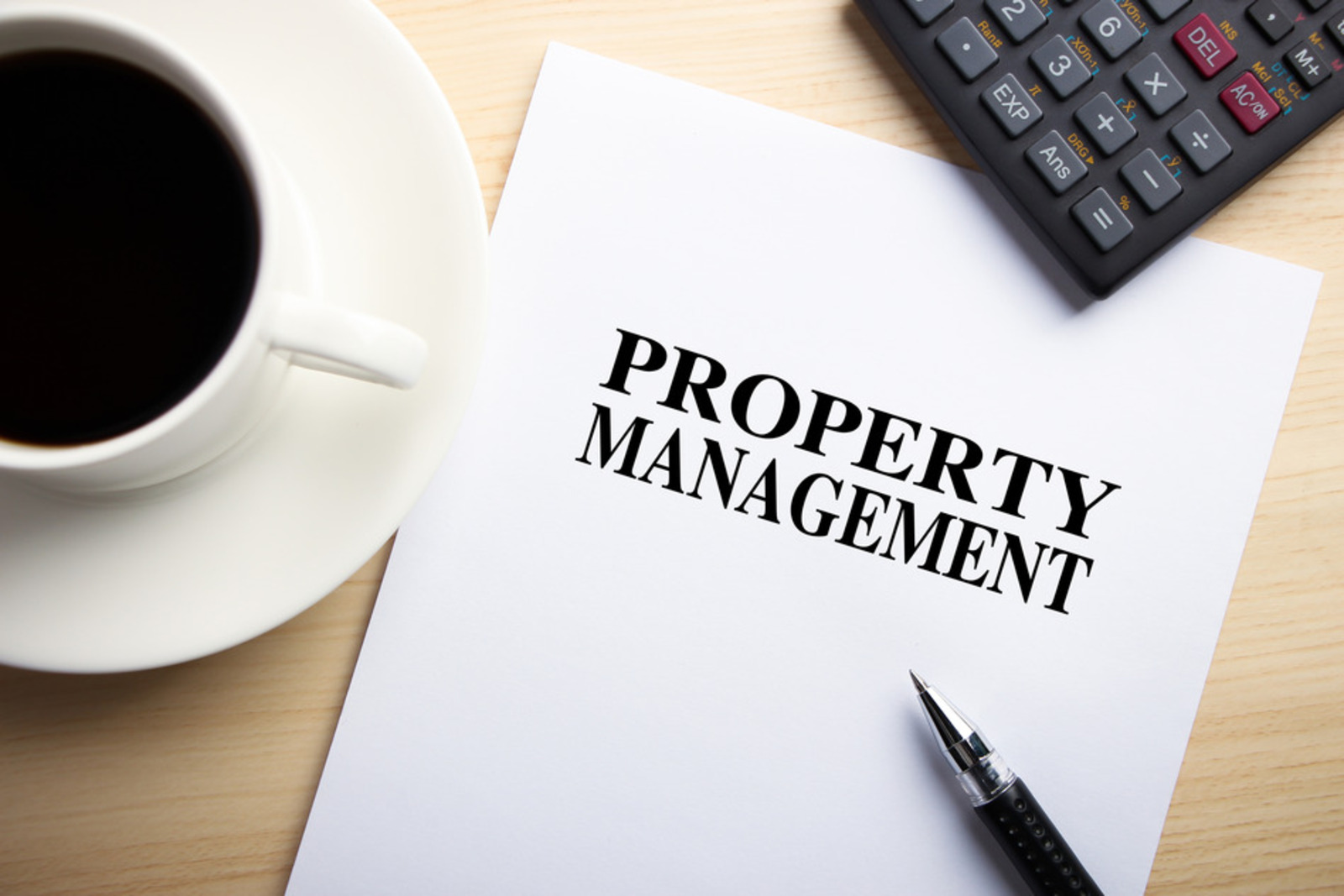The role of property management in real estate

In the vast landscape of real estate, the role of property management emerges as a crucial element in ensuring the seamless operation, maintenance, and optimization of properties. Property management goes beyond merely overseeing physical assets; it encompasses a spectrum of responsibilities that contribute significantly to the overall success of real estate investments. We'll delve into the multifaceted role of property management and its indispensable impact on real estate portfolios.
Tenant relations and retention
At the heart of property management lies the cultivation of positive tenant relations. Effective property management ensures timely communication, conflict resolution, and the provision of a comfortable living or working environment. Satisfied tenants are more likely to renew leases, reducing vacancies and enhancing overall property value
Financial oversight and budgeting.
Property managers play a pivotal role in financial management. They develop and oversee budgets, collect rent, and ensure that all financial transactions are executed seamlessly. By maintaining a keen eye on financial health, property managers contribute to the profitability and sustainability of real estate investments.
Maintenance and repairs.
Preserving the physical condition of properties is fundamental to their long-term value. Property managers coordinate routine maintenance, address repairs promptly, and conduct regular inspections to identify potential issues. Proactive maintenance enhances property aesthetics and minimizes the risk of costly damages.
Marketing and tenant acquisition.
In collaboration with marketing professionals, property managers contribute to the effective promotion of properties. They create compelling listings, conduct property showings, and employ marketing strategies to attract quality tenants. A strategic approach to tenant acquisition enhances property occupancy rates.
Lease administration.
Property managers handle lease agreements, ensuring that all terms and conditions are clearly defined and adhered to. They facilitate lease signings, renewals, and terminations, streamlining the administrative aspects of property management.
Risk management.
Identifying and mitigating risks is a critical aspect of property management. This includes assessing potential hazards, implementing safety measures, and having contingency plans for emergencies. Effective risk management safeguards both the property and its occupants.
Technology integration.
Modern property management often involves leveraging technology for efficient operations. Property managers may utilize software for tasks such as rent collection, maintenance requests, and financial reporting, streamlining processes, and enhancing transparency.
Conclusion
Property management is the thread that holds the complex real estate market together and guarantees the success of investments. Property managers have a vital role in raising the value of properties and investment returns, from managing tenants' well-being to cultivating favorable tenant relations. Real estate portfolios can be fully realized by acknowledging the holistic nature of property management, which benefits renters, investors, and property owners in equal measure.
